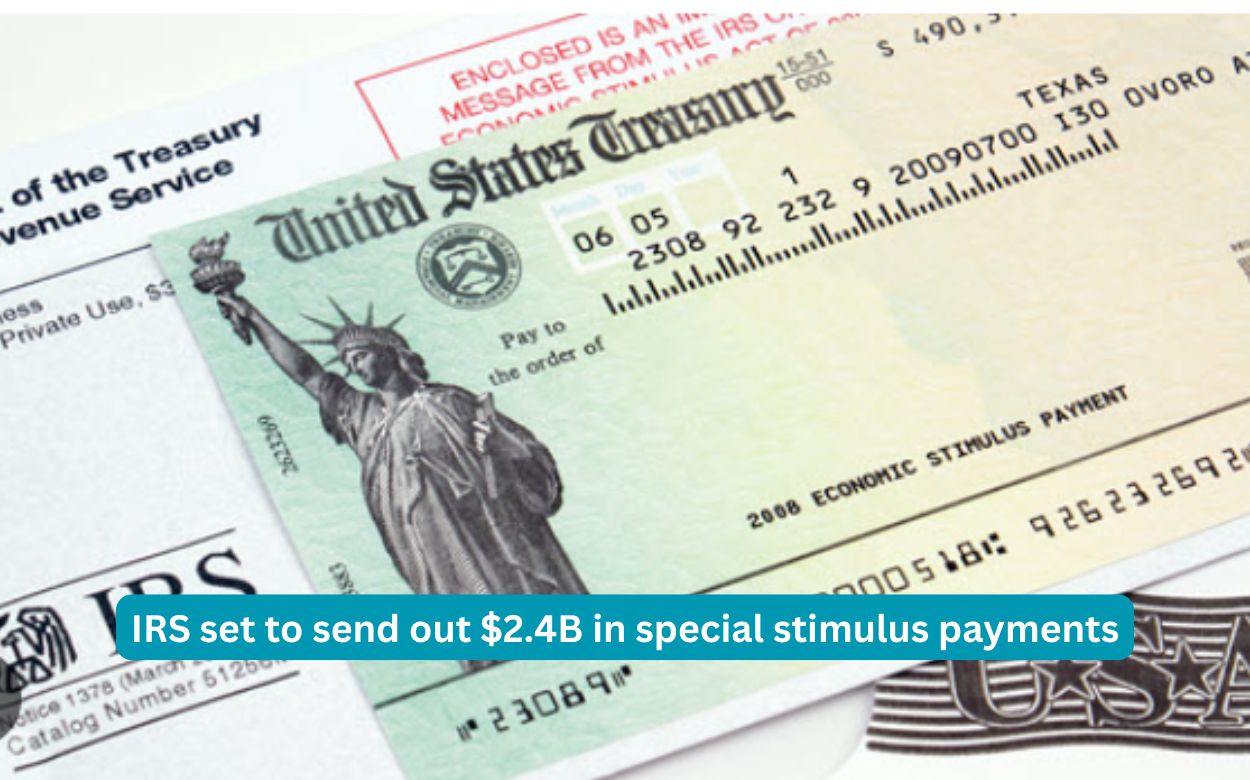The IRS is preparing to give out $2.4 billion in special stimulus payments; will you receive one?
An estimated 1 million taxpayers may receive automatic reimbursements of up to $1,400 in the coming weeks after the IRS revealed that many people had failed to claim a credit owing to them appropriately. The payouts are due to taxpayers who filed a 2021 tax return but left “the data field for the Recovery Rebate Credit blank or was filled out as $0 when the taxpayer was eligible for the credit,” according to the IRS. The Recovery Rebate Credit was offered to taxpayers who missed one of the three COVID stimulus payments or did not get the full amount for which they were qualified.

“The IRS continues to work hard to make improvements and help taxpayers,” said IRS Commissioner Danny Werfel. “These payments demonstrate our commitment to going the additional mile for taxpayers. Our internal data revealed that one million taxpayers failed to claim this difficult credit while they were genuinely entitled. To reduce difficulties and get this money to qualified taxpayers, we’re making these payments automated, so they won’t have to go through the lengthy process of filing an amended return to collect it.”Those due to receive payments will have them automatically transferred into the bank account stated on their 2023 tax returns, or a cheque will be mailed to the address on record.
In addition to automatically distributing payments to individuals who have already submitted their 2021 tax returns, the IRS encourages everyone who has yet to file a 2021 return to do so since they may be eligible for a payment. According to the IRS, those who file a 2021 tax return and claim the Recovery Rebate Credit may do so even if their income from a job, business, or other source was little or nonexistent. The IRS went on to say that receiving a Recovery Rebate Credit does not count as income when determining eligibility for federal benefit programs such as Supplemental Security Income (SSI), Supplemental Nutrition Assistance Program (SNAP), Temporary Assistance for Needy Families (TANF), and the Special Supplemental Nutrition Program for Women, Infants, and Children (WIC).


Comments are closed, but trackbacks and pingbacks are open.